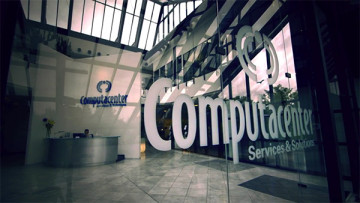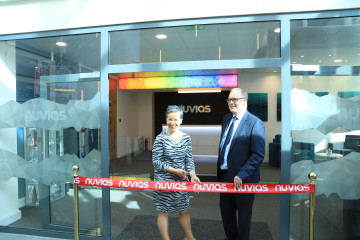Epson reseller partner  has opened an office in Birmingham, its first in the Midlands.
has opened an office in Birmingham, its first in the Midlands.
The print management company, founded and headquartered in Leeds, used £235,000 of funding from NatWest to expand its presence outside the North of England.
XBM’s Birmingham office, located in Aston, will create 10 new jobs for the area, adding to its 35 strong headcount across its Leeds, Newcastle and Manchester offices. The total investment in Birmingham will reach £750,000 by the end of the year.
XBM has partnered with Epson since 2017. Its focus is to sell Epson’s WorkForce Enterprise superfast eco-efficient business inkjet printer into educational establishments.
Chris Smith, sales manager for business products at Epson UK said: “We are delighted to work with XBM as they continue to grow their business. They are well established in the print management industry and combine an ideal blend of product knowledge, market experience and sales support to ensure that our customers receive the best levels of service possible. We look forward to supporting them as they continue to deliver Epson’s print solutions to customers in Birmingham and beyond.”
Justin English, managing director at XBM said: “Birmingham has a high concentration of businesses that could benefit from our innovative services, which makes it the perfect location for our next phase of expansion. We are looking forward to talking to new and existing customers about Epson’s range of business inkjet printers and demonstrating their environmental advantages by providing a low power solution, with fewer supplies, while delivering remarkably fast print speeds at high quality.”
Founded in 2008, XBM is one of the fastest growing and most competitive providers of specialist office and production print equipment in the UK. The business has been growing at 20 percent a year and has a reported annual turnover of £2.5m.



















